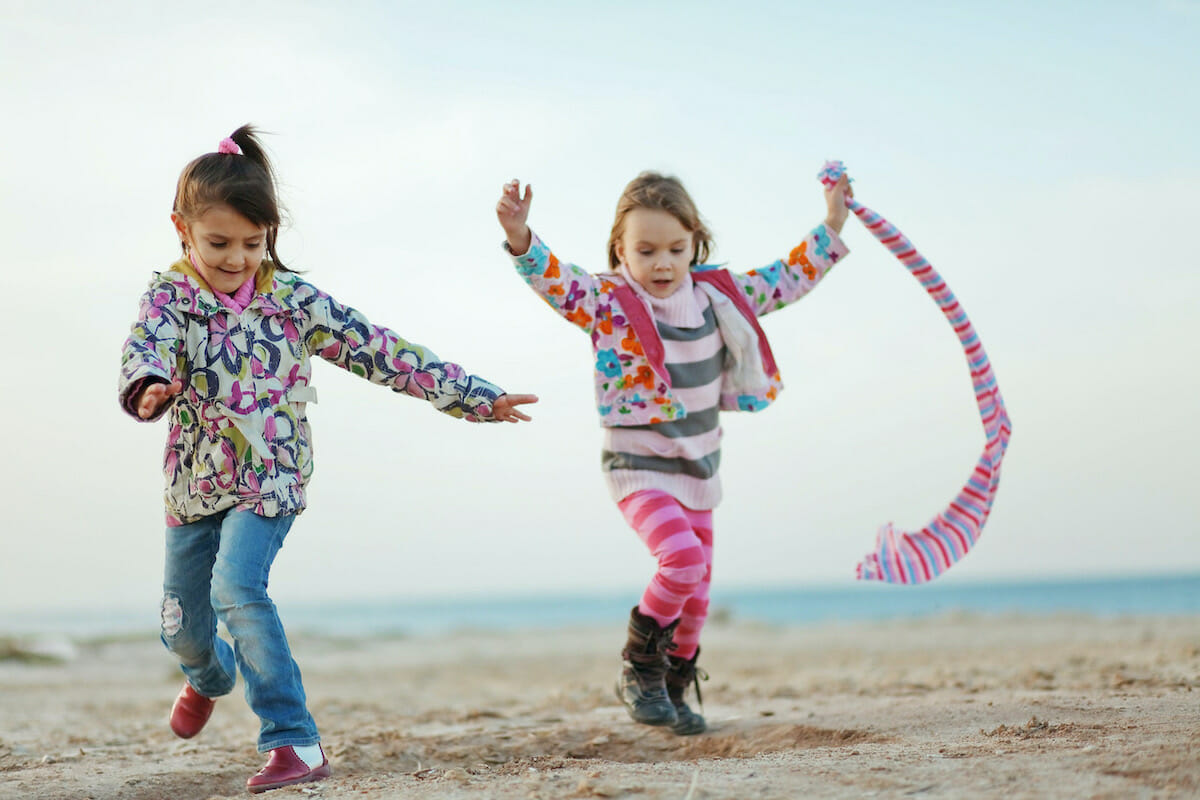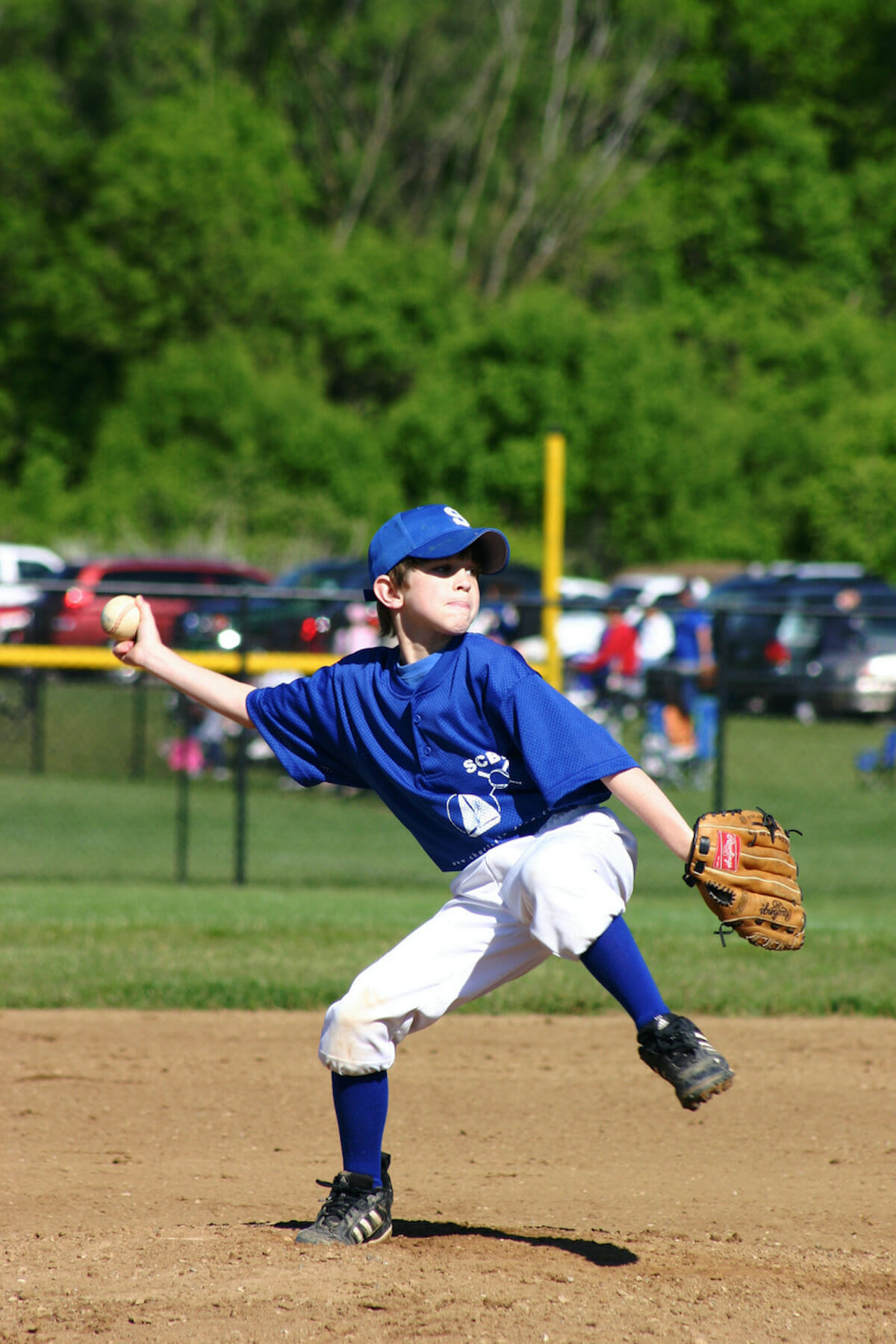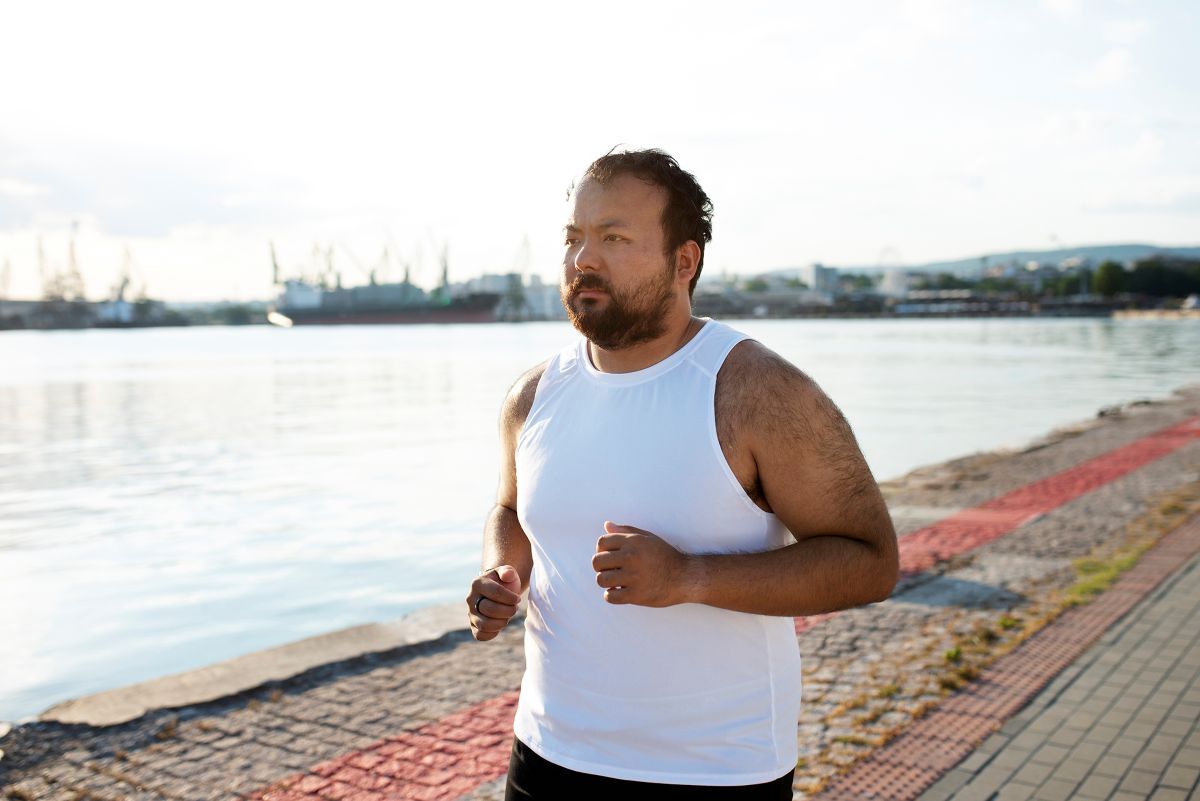Defining terms
This article defines ‘sport’ as all forms of physical activity that contribute to physical fitness, mental well-being and social interaction. These include play; recreation; casual, organized or competitive sport; and indigenous sports or games.
Sport involves rules or customs and sometimes competition. Play—especially among children—is any physical activity that is fun and participatory. It is often unstructured and free from adult direction. Recreation is more organized than play, and generally entails physically active leisure activities. Play, recreation and sport are all freely chosen activities undertaken for pleasure.
Early childhood
From the time they are born, before they coo and gurgle, infants begin to explore. They touch and hold, reach and shake, grab and taste—discovering the world not only with their eyes and ears but also with hands, feet, and mouths. They play. Children at play are constantly at work—making new observations, asking and responding to questions, making choices, and extending their imaginations and creativity. Play gives children the stimulation and physical activity they need to develop their brains for future learning. Through play, children explore, invent and create. They develop social skills and ways of thinking, learn how to deal with emotions, improve their physical abilities, and find out about themselves and their capabilities. A child’s play forms a solid foundation for a life of learning.
School-aged children
As children grow, they acquire new skills and build on existing capacities. Climbing, running, hopping, skipping and jumping, they further develop and strengthen their bodies. Increasingly socialized, they master the more formal skills of life. Games with rules and formal teamwork play an important role in helping school-aged children develop their physical skills and practice cooperation, mutual understanding and logical thinking. They learn about taking turns with their teammates, sharing, respecting their peers and valuing rules.
Adolescents
The search for identity becomes the major development task of adolescents. As explorers of a widening unknown, adolescents’ experiment with new behaviors and test possibilities. With the right guidance, they develop the skills they need to become responsible and caring adults.
Organized sport and physical recreation provide adolescents opportunities for self-expression, critical to this discovery process. They help adolescents to develop skills in communication, negotiation, leadership and to test and improve their abilities, which increases confidence. They allow young people a way to bond with adults and with one another, creating a sense of community and belonging.
References: www.unicef.org/5571_SPORT_EN.pdf
Exclusive content from CARE magazine










